Beginner's Makeup Guide
Makeup can be both an art and a science, especially when you’re just starting out. As a beginner, understanding the basics is crucial to building a solid foundation in makeup application. This guide will walk you through everything you need to know—from choosing the right products to mastering application techniques. Whether you’re aiming for a natural look or something more dramatic, this guide is your go-to resource for getting started with makeup.
Understanding Your Skin Type
Before diving into the world of makeup, it’s essential to understand your skin type. Your skin type will affect how makeup products sit on your skin and how long they last throughout the day.
Why Skin Type Matters
Different skin types require different products. For example, oily skin might benefit from matte foundations, while dry skin could use hydrating formulas. Understanding your skin type helps you select products that enhance your natural beauty without causing irritation or breakouts.
How to Determine Your Skin Type
Determining your skin type is simple. Begin by thoroughly cleansing your face, then leave it bare for a few hours without applying any products. If your skin feels tight, you likely have dry skin. If your skin becomes shiny, it indicates that you have oily skin. A combination of both typically means you have combination skin.
Essential Makeup Tools
The quality of your makeup application depends on the tools you use. Having the right tools not only makes the process easier but also ensures a flawless finish.
Prepping Your Skin for Makeup
Prepping your skin is an essential step that many beginners overlook. Preparing your skin properly ensures that your makeup applies smoothly and stays on longer.
Cleansing and Moisturizing
Always start with a clean slate. Cleanse your skin to remove any dirt and oil, and follow up with a moisturizer suited to your skin type. This step hydrates your skin, making it ready for makeup.
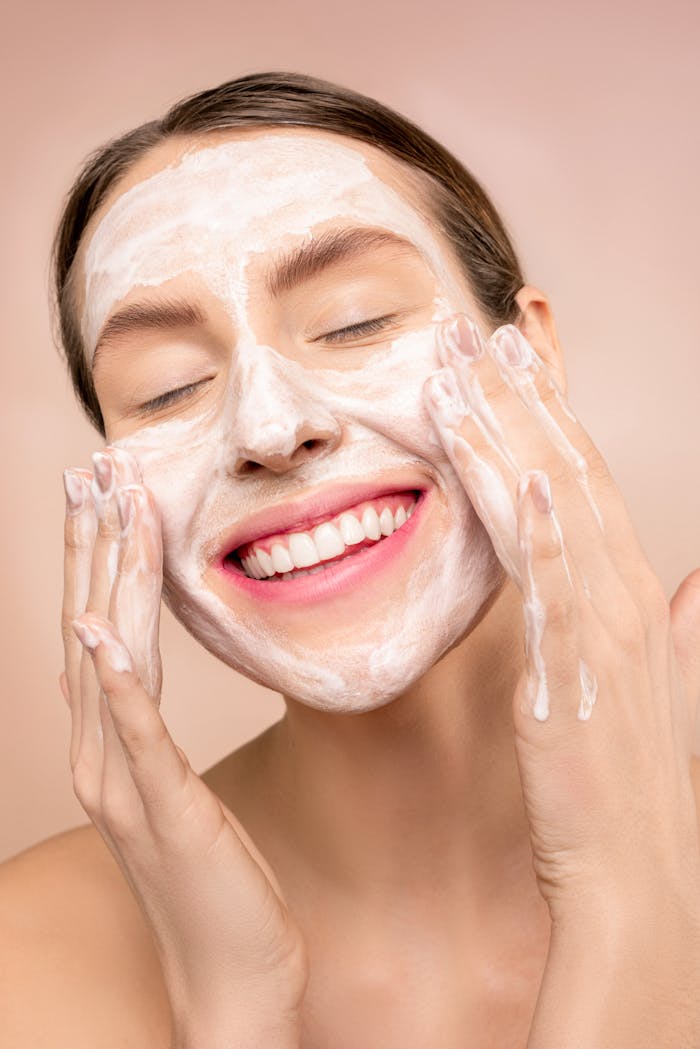
The Importance of Primer
Primer is like the base coat for your makeup. It fills in pores, smooths out your skin, and provides a grip for your foundation, helping it last all day.
Foundation Basics
Foundation is the canvas of your makeup look. Getting it right is crucial for a flawless finish.
Choosing the Right Shade
Finding the right foundation shade can be tricky. Always test the shade on your jawline in natural light to ensure it matches your skin tone.
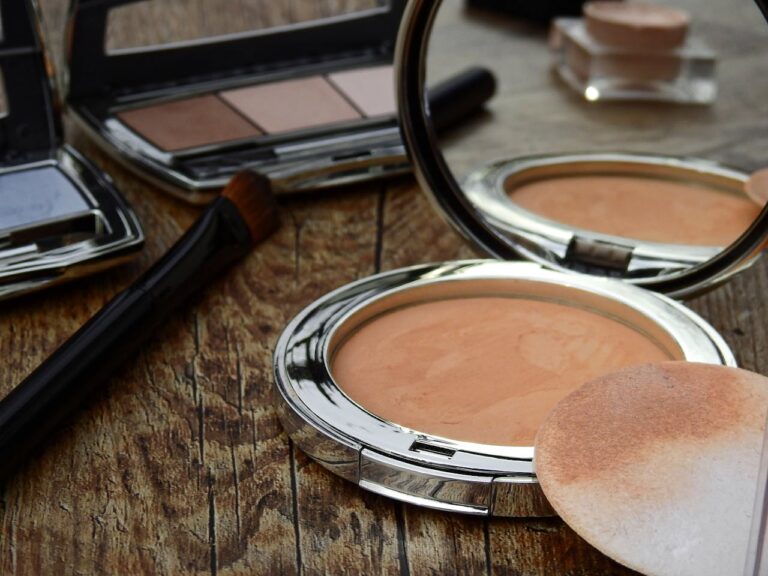
Application Techniques
Use a brush for fuller coverage or a sponge for a more natural, blended look. Start from the center of your face and blend outwards for an even application.
Concealer 101
Concealer is your secret weapon for hiding blemishes and dark circles. It’s important to pick the right type and shade for your needs.
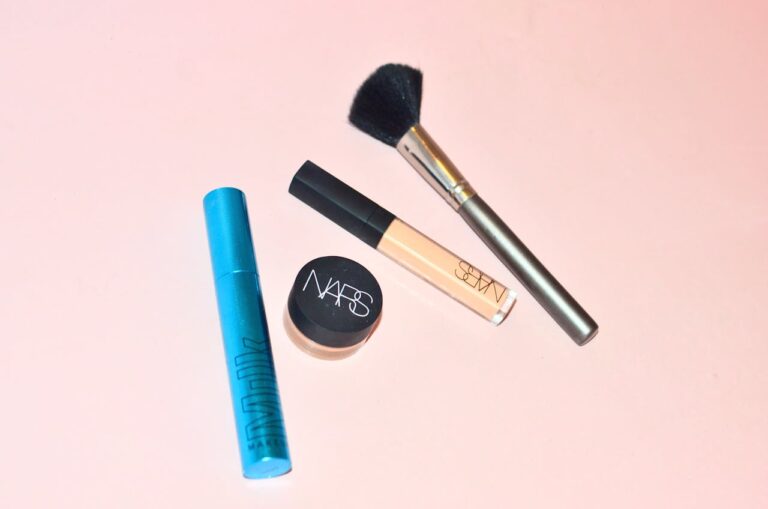
Picking the Right Concealer
Choose a concealer that is one or two shades lighter than your foundation for under the eyes, and one that matches your foundation for blemishes.
How to Apply Concealer
Dot the concealer under your eyes and on any blemishes, then blend it out using a brush or sponge, being careful not to rub it off.
Setting Your Base
Setting your makeup ensures that it stays put throughout the day.
The Role of Setting Powder
Setting powder helps lock in your foundation and concealer, reducing shine and keeping your makeup in place.
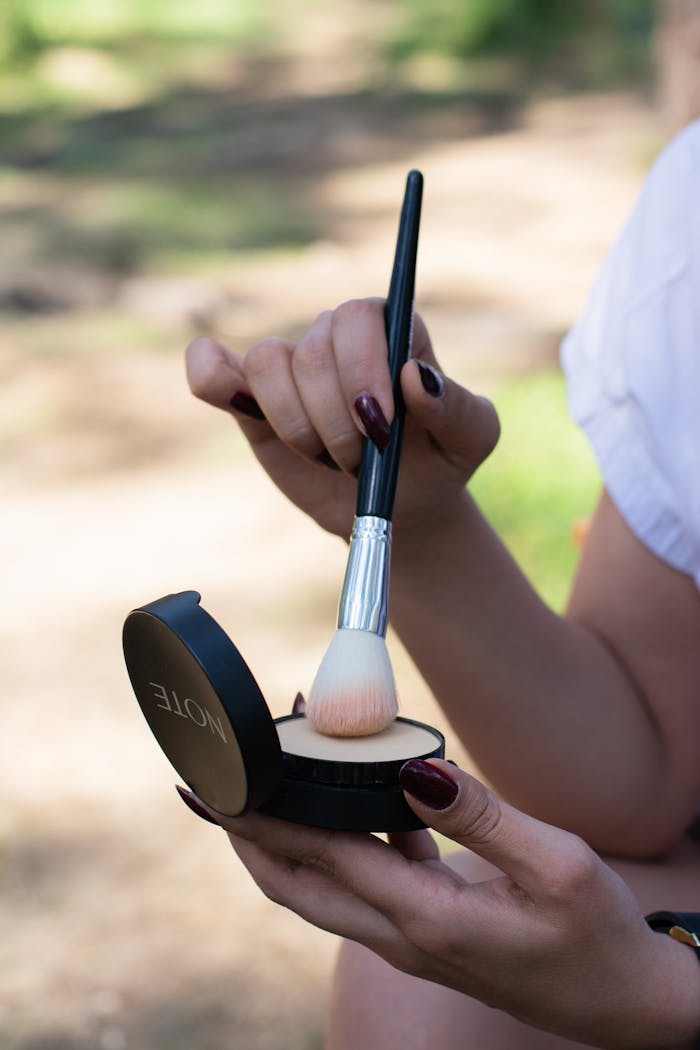
Setting Spray vs. Setting Powder
While setting powder mattifies the skin, setting spray gives a more natural finish and can be used to refresh your makeup throughout the day.
Eye Makeup Essentials
Your eyes are usually the focal point of your makeup look. Knowing how to enhance them can make a huge difference.
Eyebrow Shaping
Well-groomed eyebrows shape your face and make your look complete. Use a brow pencil or powder to fill in any sparse areas, following your natural brow shape.
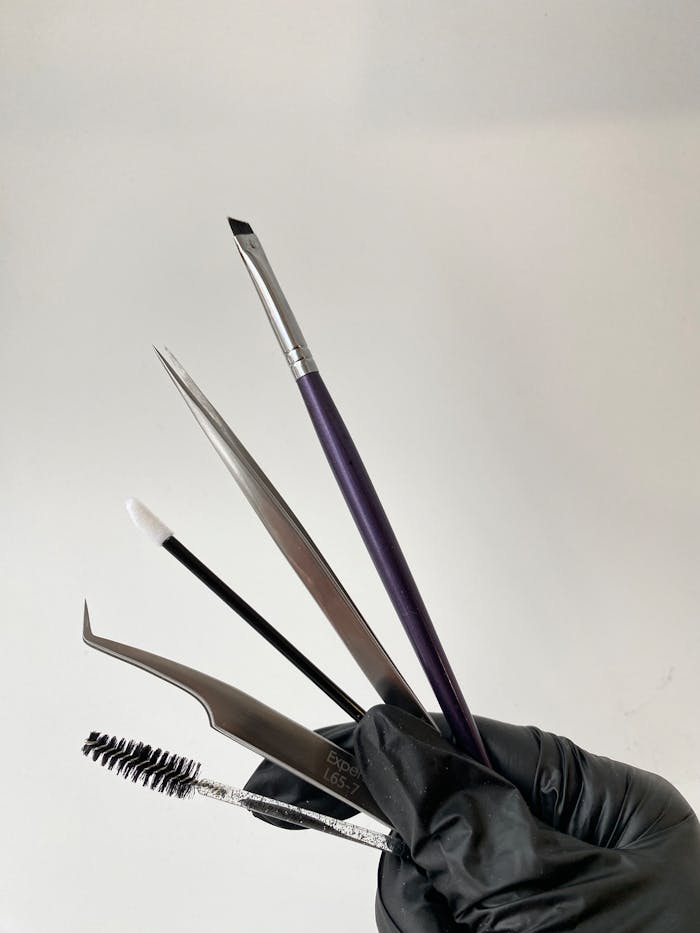
Eyeshadow Basics
Start with neutral shades as a base, and gradually work your way to bolder colors as you become more comfortable. Blend well to avoid harsh lines.
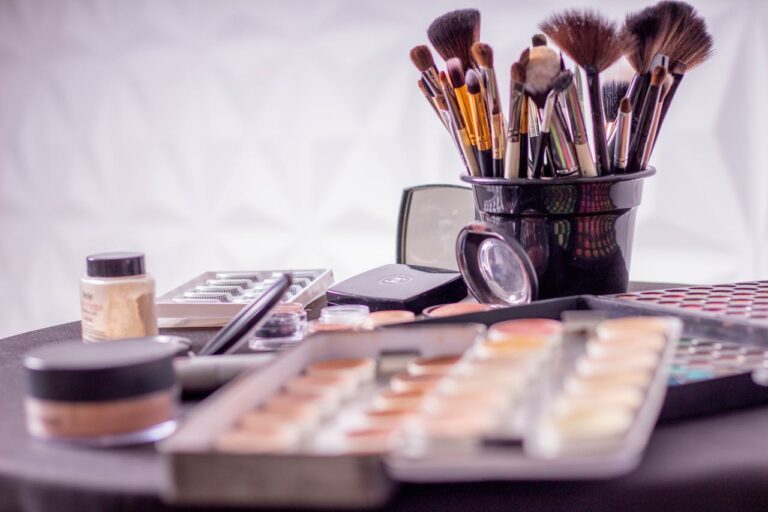
Eyeliner Techniques
Eyeliner can define your eyes or create a dramatic look. Beginners might find a pencil liner easier to control, while liquid liner offers a sharper, more defined line.
Creating Perfect Brows
Perfecting your eyebrows takes practice, but with the right tools and techniques, you can achieve a professional look.
Tools for Eyebrow Grooming
Invest in a good eyebrow brush, tweezers, and brow pencil or powder. These tools will help you shape and fill your brows with precision.
Filling and Shaping Eyebrows
Start by brushing your brows upward and outward. Use light, feathery strokes to fill in any gaps, following the natural shape of your brows.
Enhancing Your Eyes with Mascara
Mascara is the finishing touch that pulls your eye makeup together, making your lashes look longer and fuller.
How to Apply Mascara
Begin at the base of your lashes and wiggle the wand upwards. Apply one to two coats for a natural look, or build up for more drama.
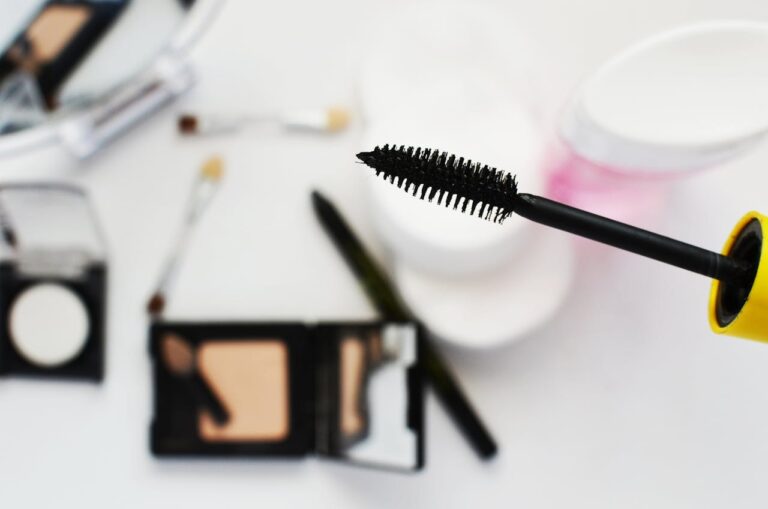
Tips for Longer-Lasting Mascara
To prevent smudging, avoid applying too many coats and let each layer dry before adding another.
Blush, Bronzer, and Highlighter
These products add color, dimension, and glow to your face, helping to enhance your natural features.
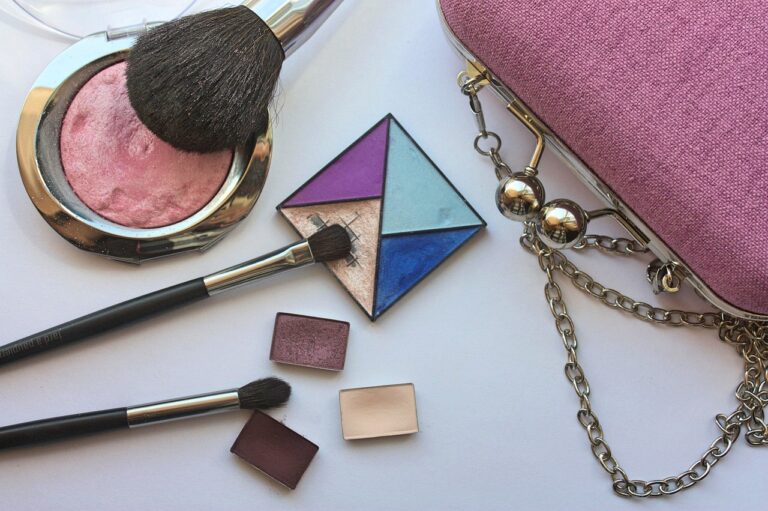
How to Apply Blush
Smile and apply blush to the apples of your cheeks, blending upwards towards your temples for a natural flush.
Contouring with Bronzer
Apply bronzer to add warmth and dimension to your face. Focus on the hollows of your cheeks, your temples, and along your jawline.
Adding Glow with Highlighter
Highlighter adds a radiant glow. Apply it to the high points of your face, like your cheekbones, the bridge of your nose, and your cupid’s bow.
Lip Makeup Tips
Your lips provide the finishing touch to your makeup look. Whether you prefer a bold lip or a natural look, here’s how to perfect it.
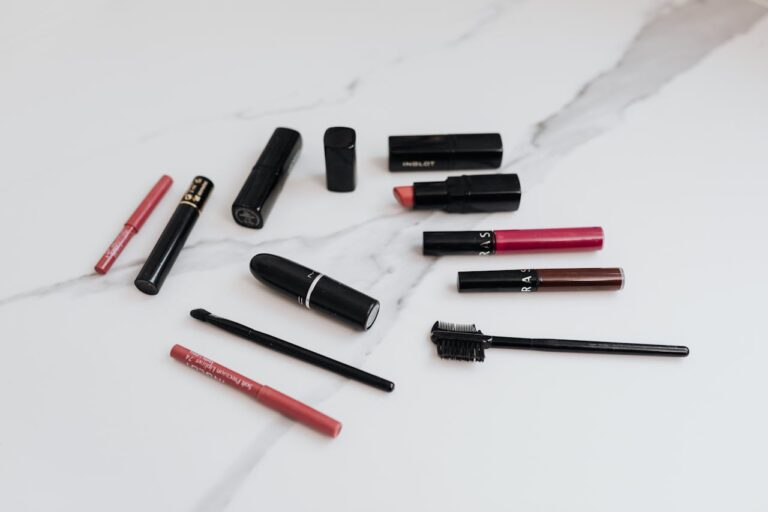
Choosing the Right Lip Color
Choose a lip color that matches your skin tone and complements the rest of your makeup. Nude shades are great for a natural look, while reds and berries can add a pop of color.
How to Apply Lipstick
For a precise application, outline your lips with a lip liner before applying lipstick. Use a lip brush for more control and a longer-lasting finish.
Finishing Touches
The final steps are all about ensuring that your makeup looks seamless and stays in place all day.
Final Blending and Touch-Ups
Before heading out, check your makeup in natural light to ensure everything is blended well. Use a sponge or brush to smooth out any harsh lines.
The Role of Makeup Setting Spray
A setting spray helps lock in your makeup and gives it a natural finish. Mist your face lightly with setting spray.
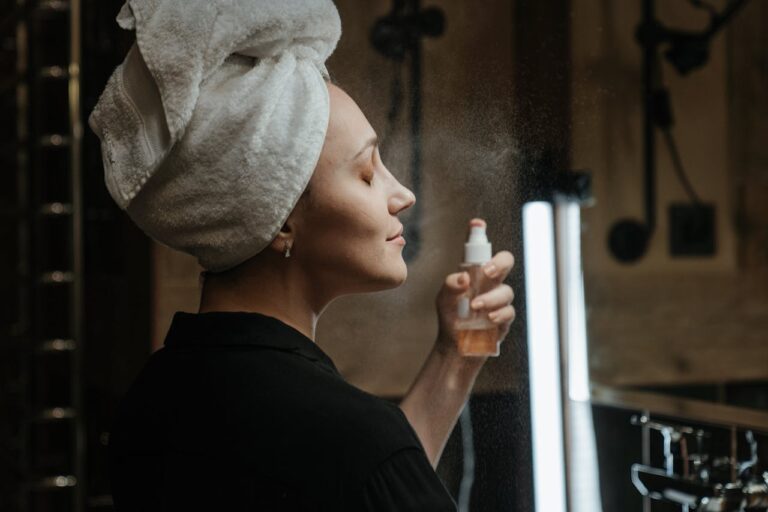
Common Makeup Mistakes to Avoid
Even seasoned makeup users make mistakes. Here are a few to avoid as a beginner.
Over-Blending Eyeshadow
While blending is important, over-blending can make colors look muddy. Remember to blend just enough to soften any harsh edges.
Using the Wrong Foundation Shade
Always test your foundation shade before buying. A mismatch can make your face look ashy or too dark compared to your neck.
Conclusion
Starting your makeup journey can be overwhelming, but with the right tools and techniques, you’ll be creating beautiful looks in no time. Remember, practice makes perfect, and the more you experiment, the more you’ll learn about what works best for you.
FAQs
- How Often Should I Clean My Makeup Brushes?
You should clean your makeup brushes at least once a week to prevent the buildup of bacteria and product residue. - Can I Skip Primer if I’m in a Hurry?
While primer is important for longevity, if you’re in a rush, you can skip it. However, your makeup may not last as long. - What’s the Best Way to Remove Makeup?
Use a gentle makeup remover or micellar water, followed by a cleanser to ensure all makeup is thoroughly removed. - How Do I Make My Makeup Last All Day?
Start with a primer, use long-wear products, and finish with a setting spray to keep your makeup in place all day. - What Are Some Good Makeup Brands for Beginners?
Brands like Maybelline, NYX, and e.l.f. offer affordable, high-quality products that are perfect for beginners.
Latest Posts:
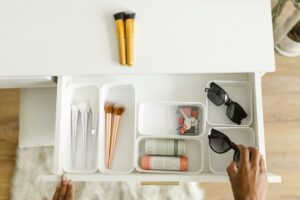
Skin Care Drawer 2024
In today’s beauty-centric world, keeping your skincare and makeup essentials organized in a skincare drawer 2024 is not just a

What is Good for Low Porosity Hair
Low porosity hair can be challenging to manage, but understanding what is good for low porosity hair is the first
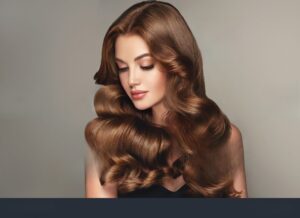
Essential Hair Care Routine for Wavy Hair 2024
A Complete Guide for Wavy Hair 2024 A proper hair care routine for wavy hair in 2024 includes using sulfate-free
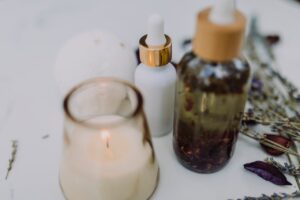
7 Skincare Items to Achieve Glowing skin
Introduction In 2024, skincare is more than just a daily routine—it’s a lifestyle. As more people become aware of the
